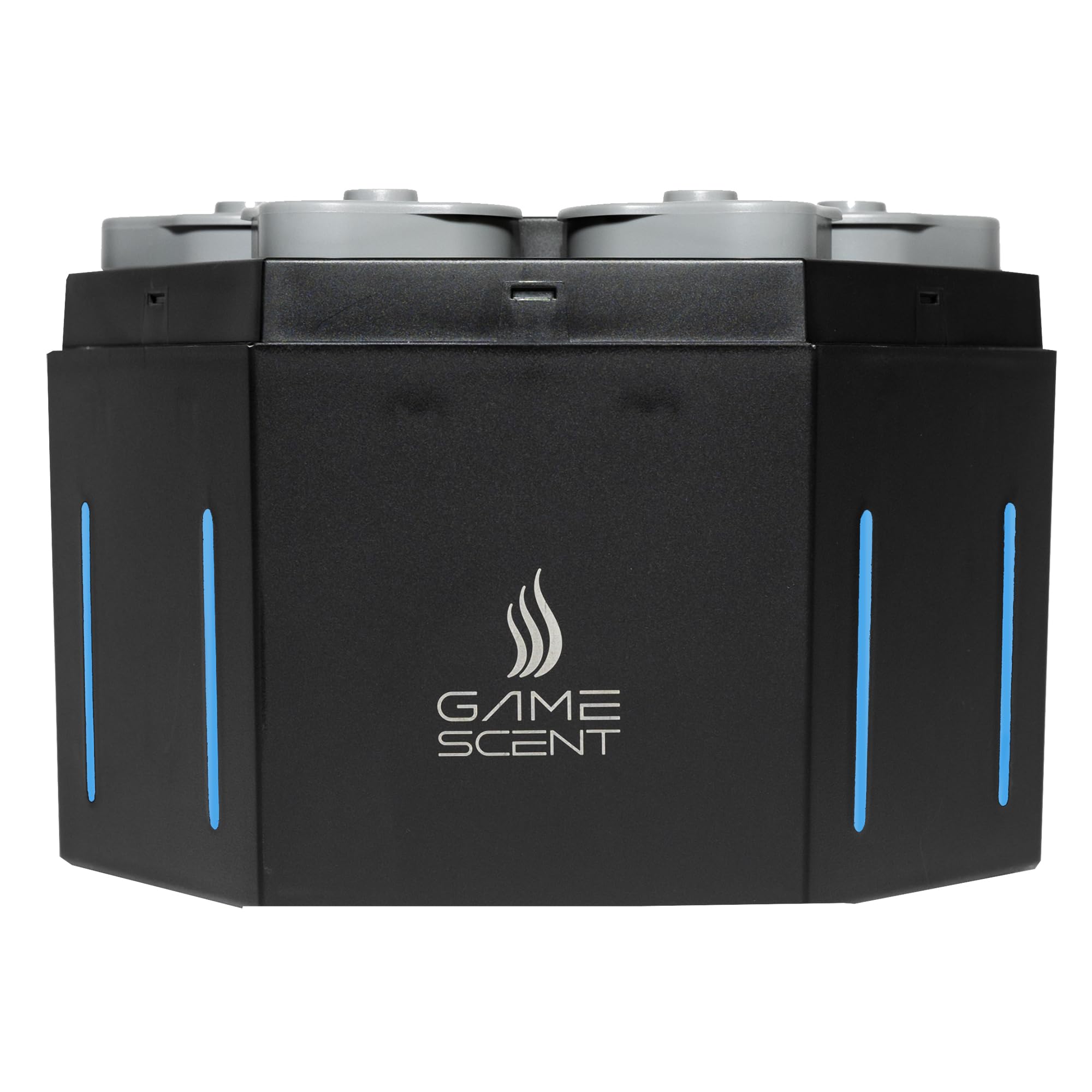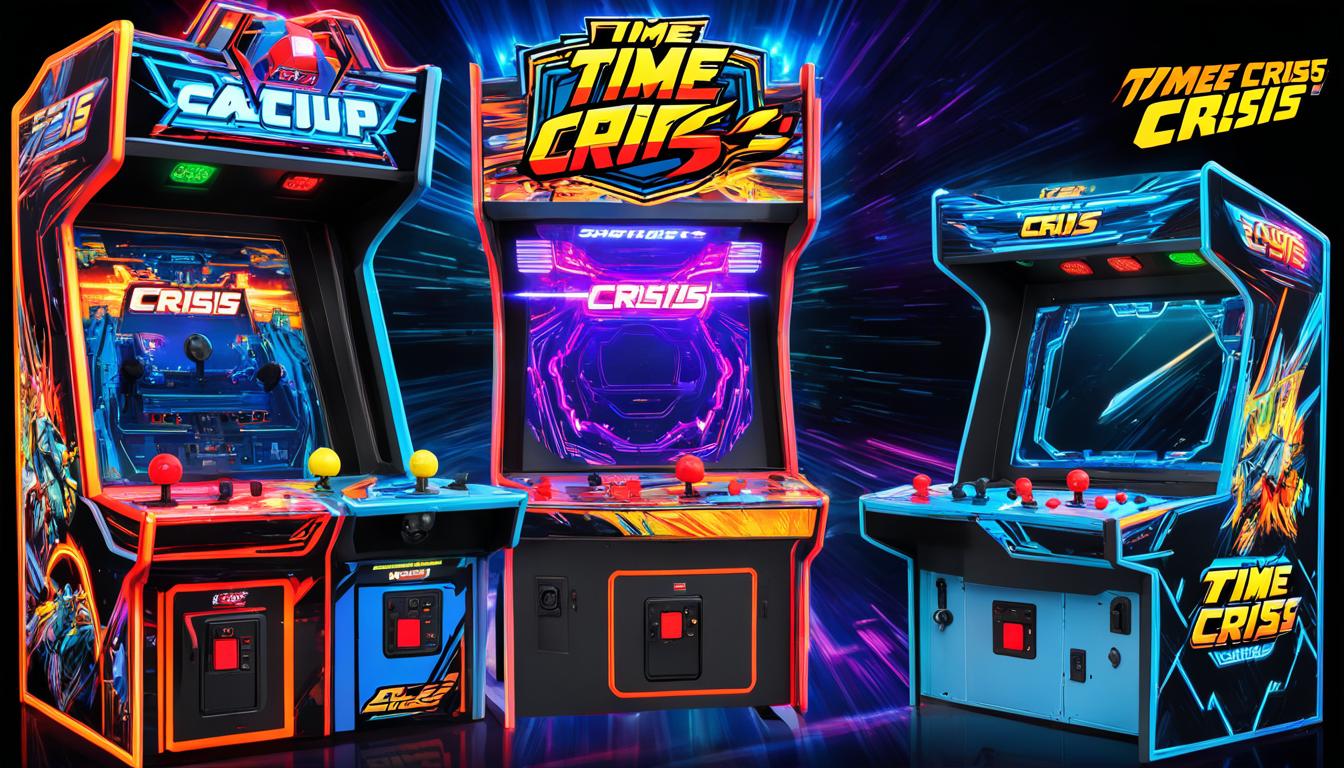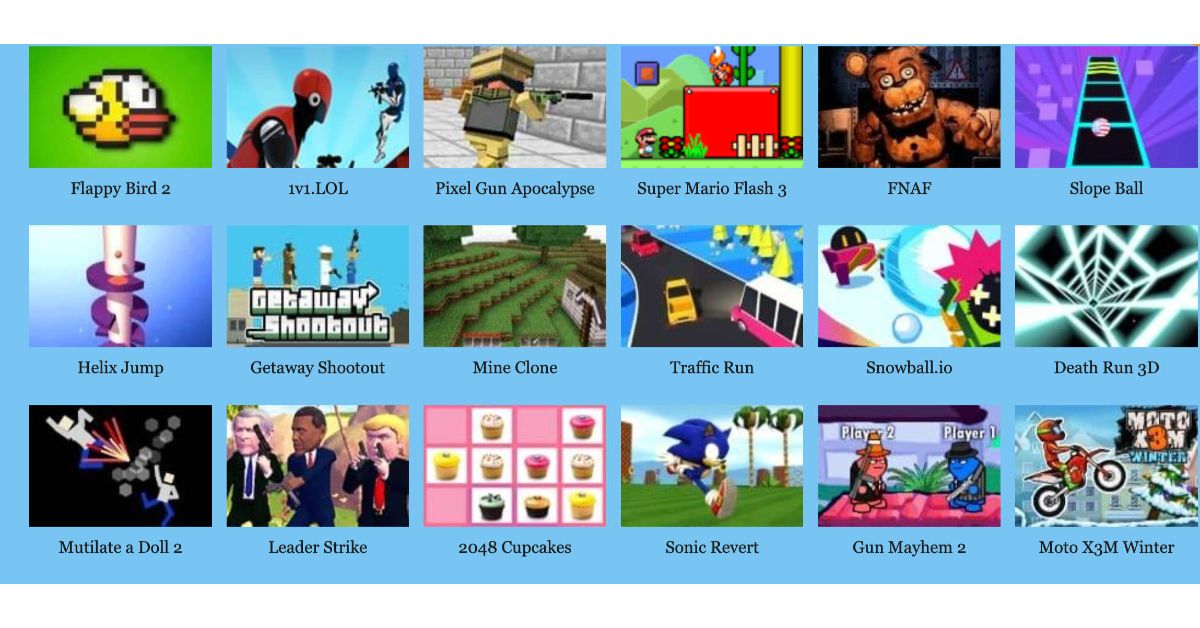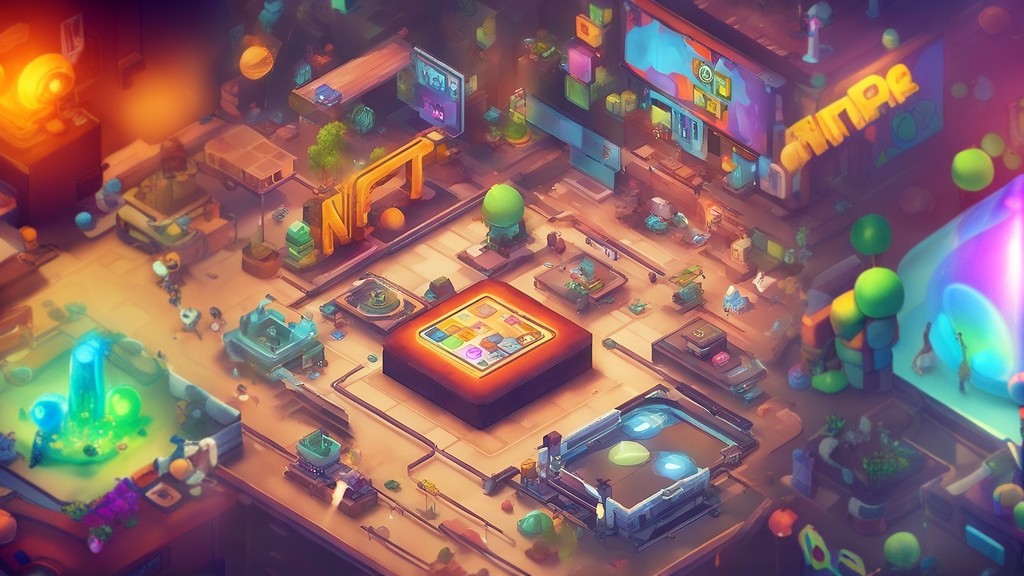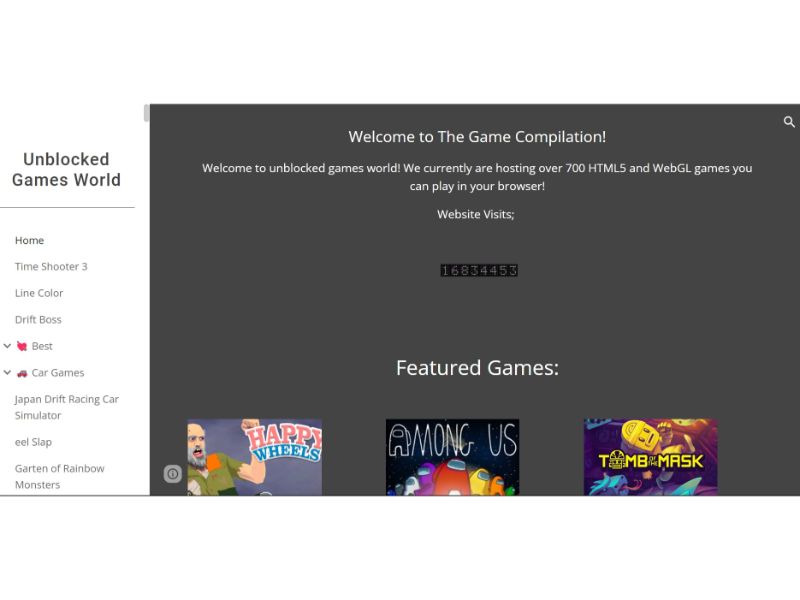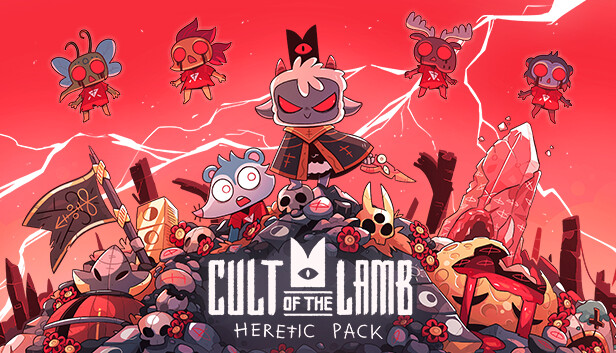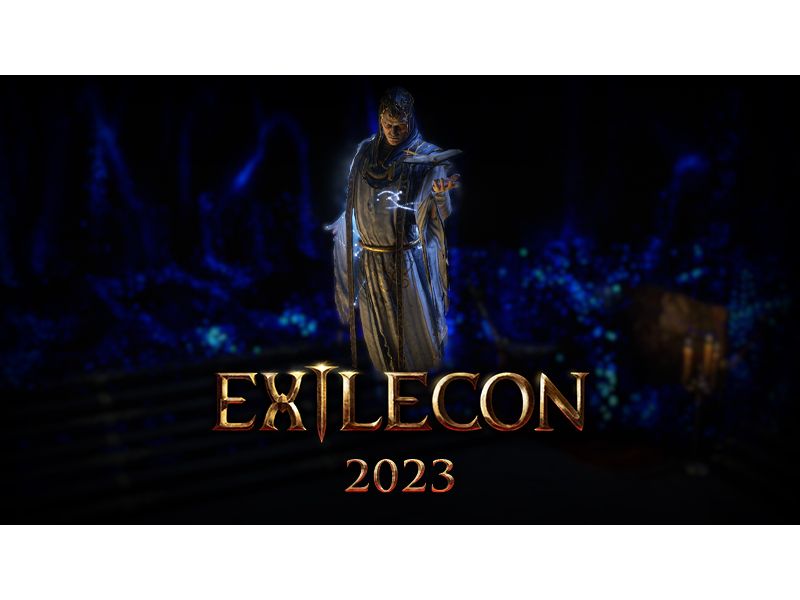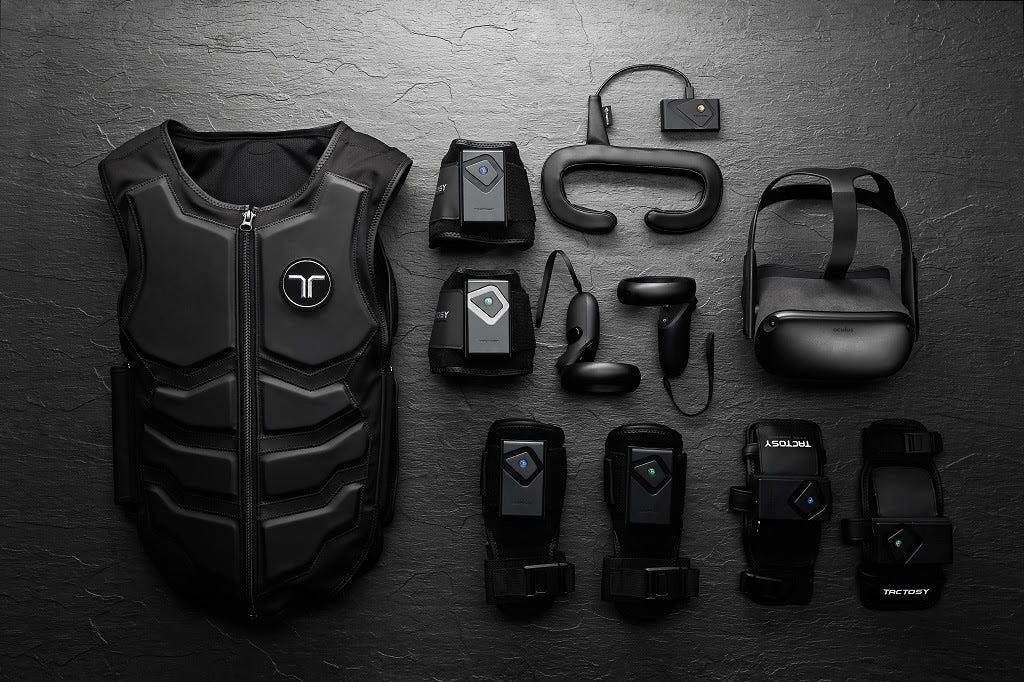If you are an owner of a PC, I’m sure you’ve visited the website PCGamingWiki before. If not, the site in question houses all sorts of information ranging from how to fix PC games to PC titles featuring denuvo/DRM. Well, as of recent, the site has launched a new page letting PC gamers know if any old or new games have predatory microtransactions.
Having more access to options is never a bad thing, which is why PC gaming is favored among those that know how to use the very thing in their skull. With that said, old and new games are being retro-updated to be “current-year friendly” or boast some form of microtransactions.
And it looks like PCGamingWiki is seeking to make PC gamers aware of certain bad practices (like predatory microtransactions) that might go under the radar thanks to the following page from pcgamingwiki.com:
“We are proud to announce that PCGamingWiki is launching a new microtransactions section in all of our PC game articles.
Many PC gamers don’t have a clue about what they are getting into before they install the latest ‘free-to-play’ game, ‘game as a service’ multiplayer shooter or new ‘live service’ singleplayer game. These games could contain manipulative loot boxes, hopelessly unfair grinds or game imbalancing pay-to-win unlocks.”
The new page goes out of its way to list any video game that features microtransactions, gambling, loot-boxes, purchasable cosmetics (with real-world money), paid unlocks, paid boosts, in-game currency, unlimited paid transactions, and pay-to-skip mechanics:
- Loot box – A variation of microtransaction where the player purchases a loot box where there is a chance to receive varying qualities of in-game item, similar to gambling.
- Cosmetic – Cosmetic microtransactions are any paid additional content that are designed to be cosmetic and does not substantially affect gameplay, such as skins, hats, decorative items etc.
- Unlock – Purchase of microtransaction content that affects gameplay and is not solely cosmetic. ‘Unlocks’ are normally chunks of a game that have been already developed and have been ‘locked’, and can be ‘unlocked’ with a purchase. This commonly includes individual characters, maps, levels, weapons, armors, etc.
- Boost – Allows player to pay to accelerate progress in a game, whether it is faster speed, levelling, level skipping, boosting % chance to find rare items, etc.
- Currency – Being able to purchase in-game currency whether it’s gold, gems, tokens, crafting materials, credits, V-Bucks, etc. which in turn are used to buy other microtransactions, or can be traded for account credit.
- Infinite Cap – Game has microtransactions that can be purchased over and over again without any limit. This is in contrast to finite cap games that have a limit.
- Pay-to-Skip – The game’s ‘main’ rewards can be achieved or grinded for without payment, but payment unlocks those rewards faster or instantaneously.
PCGamingWiki also tracks other forms of monetization through categories that span across ad-support, free-to-play, and subscriptions:
It’s also worth noting that this growing list to inform PC gamers on old and new games featuring some form of microtransactions is looking for help. In other words, if you know of games that fit the above bill, then you can go to pcgamingwiki.com to help flesh out the list.
Lastly, do you think there should be more websites that inform gamers on anti-consumer practices or stuff like woke propaganda?
